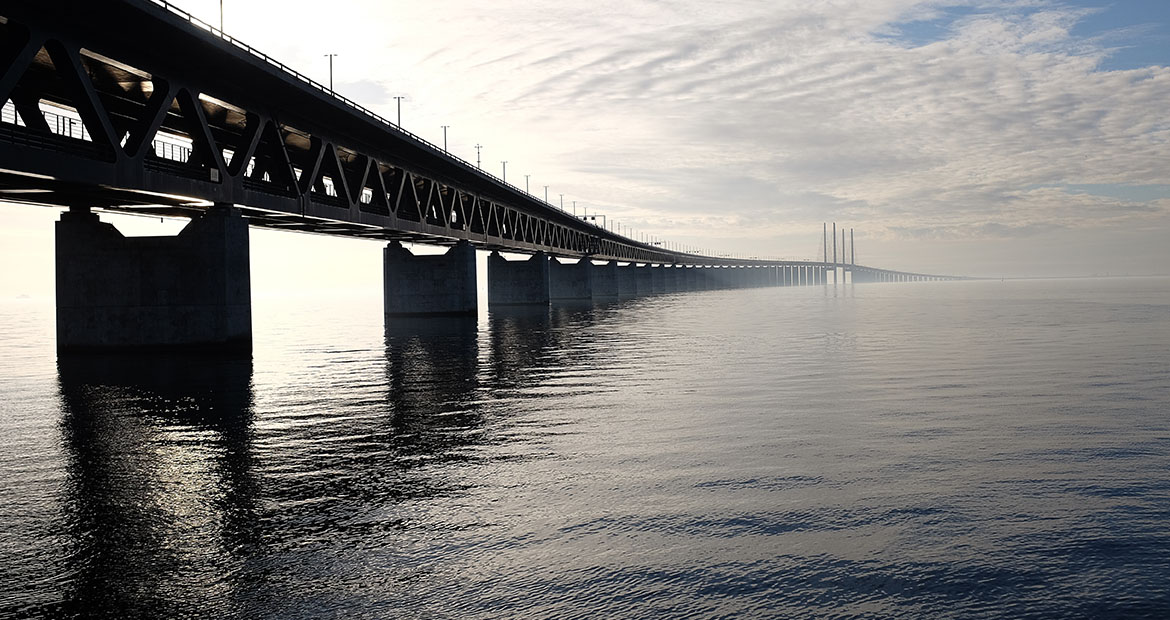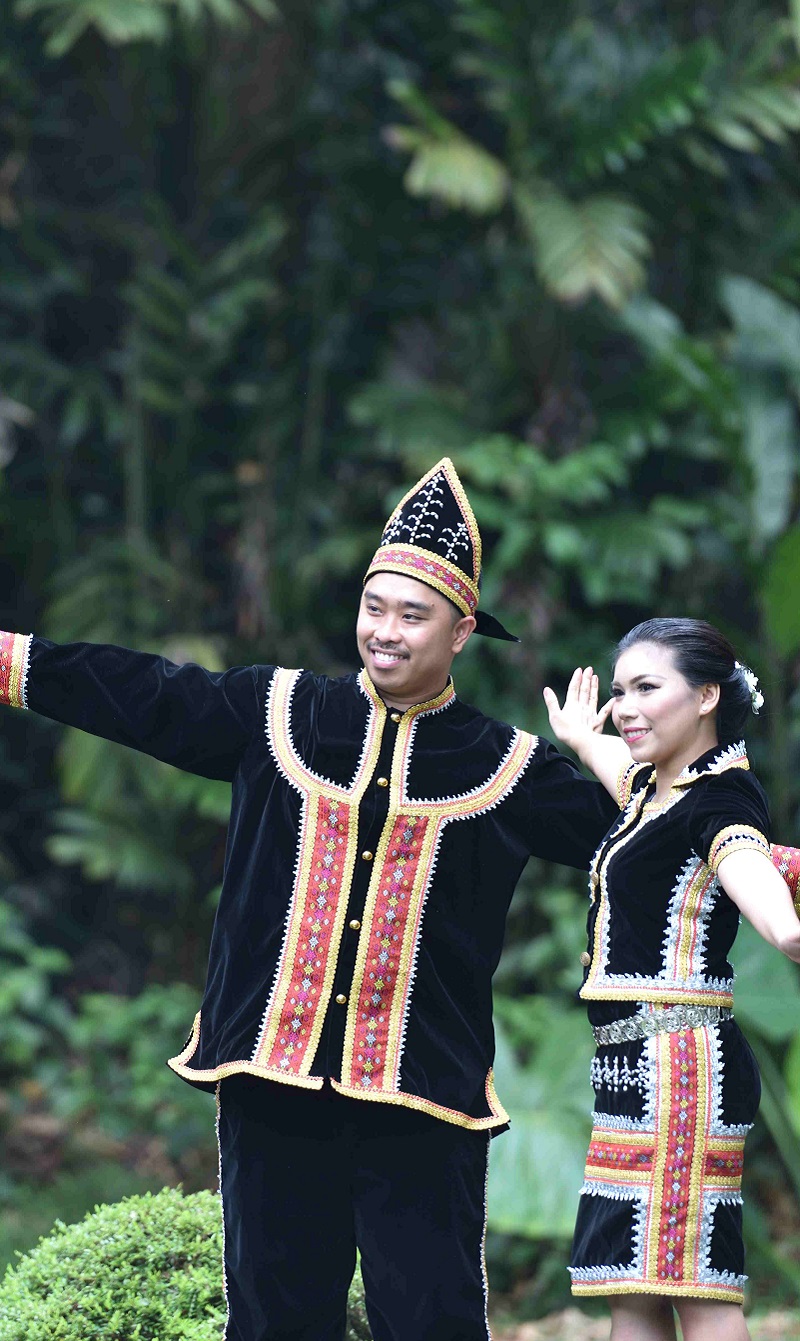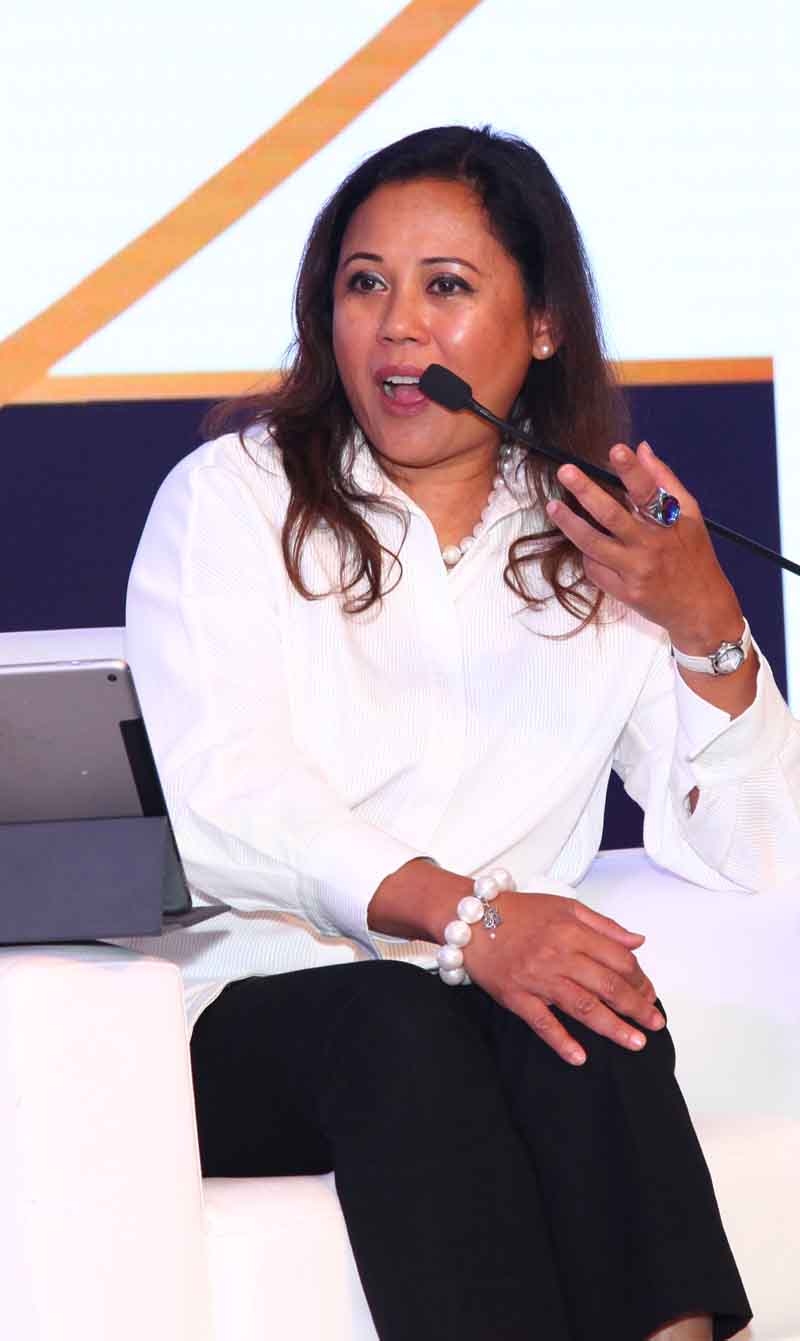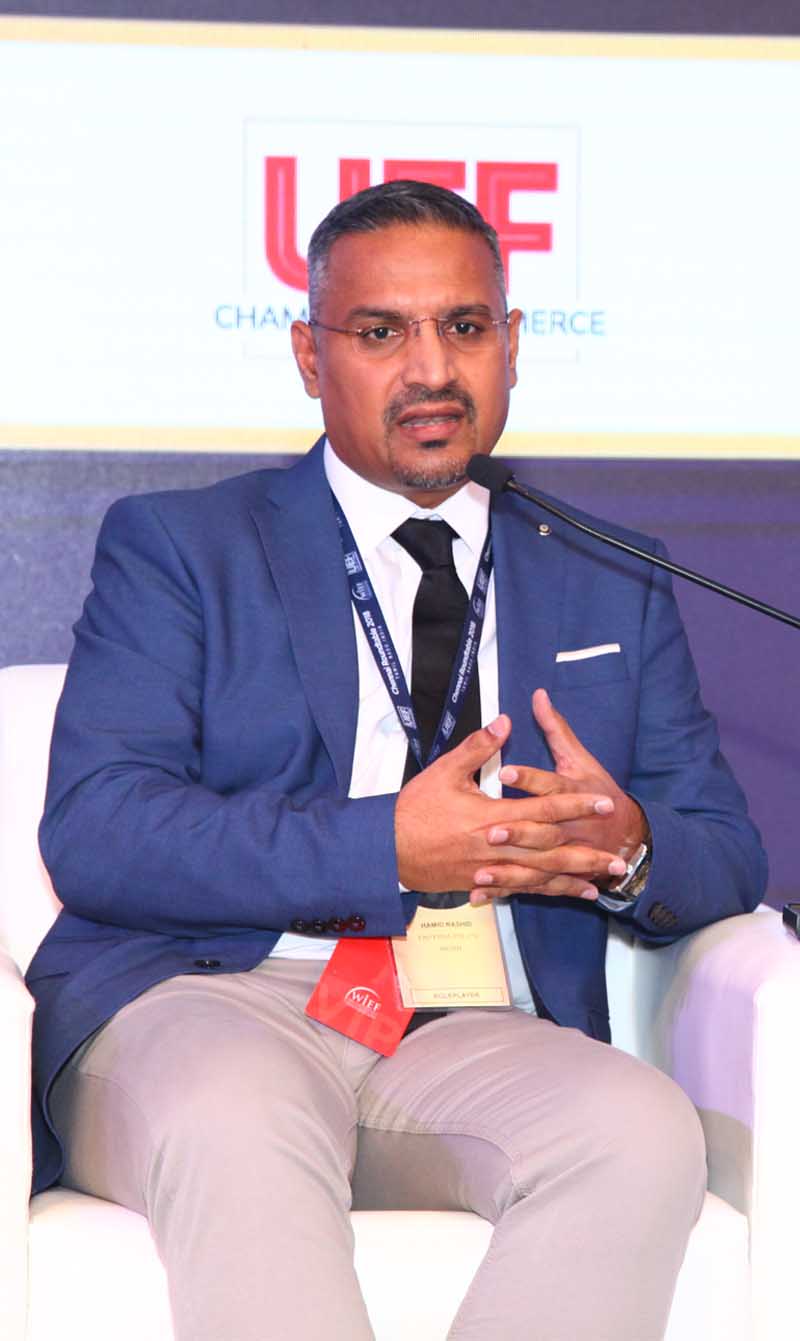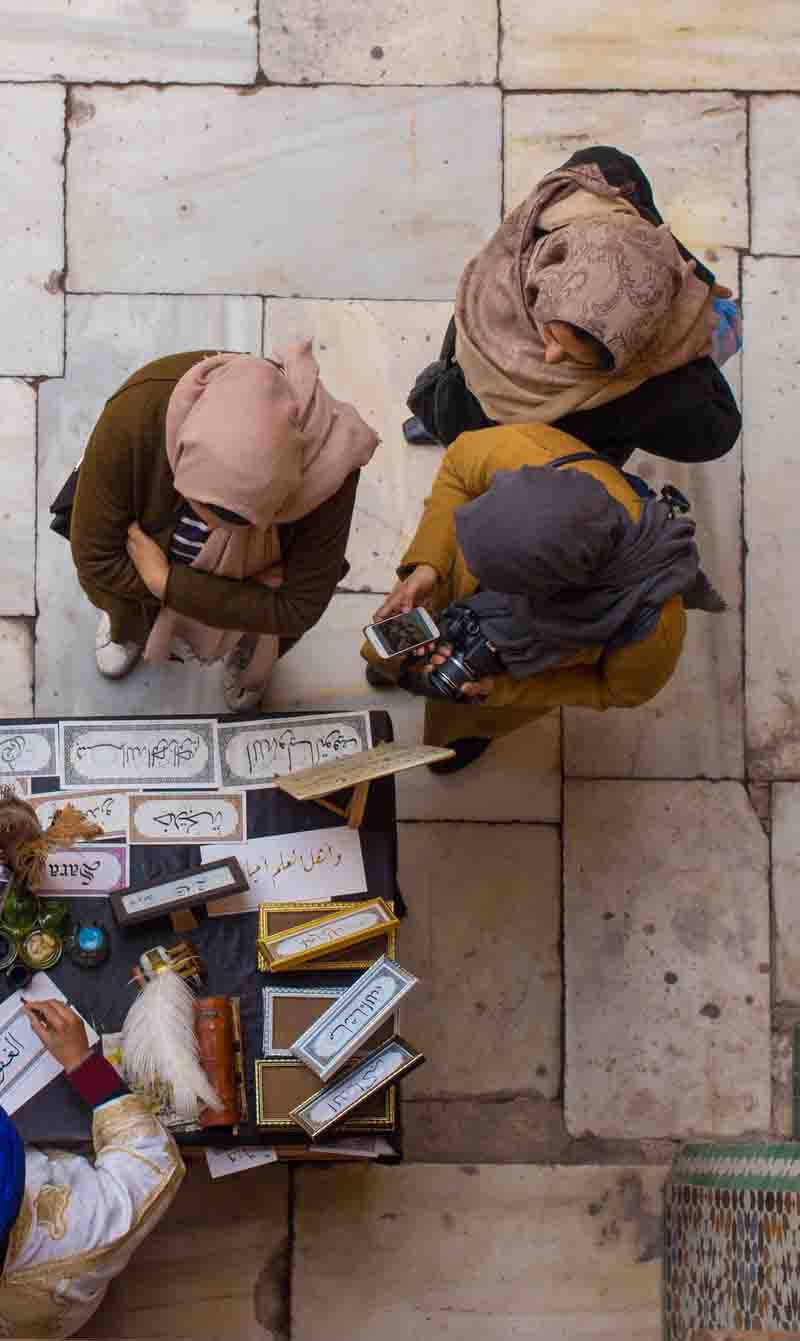Building bridges
Building bridges between Islamic and non-Islamic markets
The relationship that exists between European and Islamic markets is long established, but the two regions also collaborate in third markets,
says Solomon Teague.
Cooperation between independent institutions in third parties can be difficult to define and quantify. “Trade is conventionally a bilateral discipline,” says Douglas Johnson, chief executive officer at Codexa Capital, a boutique investment bank that focuses on Islamic finance. “Approaching ‘cooperation’ from a trilateral perspective creates material analytical challenges.”
Arab countries traditionally consider trade as a matter of selling oil, while South-East Asian economies are historically orientated towards export growth, Johnson explains, making ‘cooperation’ ambiguous.
Yet, viewed in another way, cooperation is now so widespread, it is almost invisible. Financial markets and relationships are now so dispersed and interrelated that looking along national lines is increasingly arbitrary and irrelevant.
Technological advances and increased travel have broken down cultural barriers, and greater understanding between the Islamic world and the West has made doing business easier. As deals have grown in size over the decades, more of them have been syndicated among groups of banks and investors.
Islamic and European institutions routinely invest jointly in companies,
governments or projects anywhere from Latin America to Asia. The wealth that exists in the Arab world ensures that Muslims are represented in many big transactions, wherever they occur.
Where there has been clearly identifiable cooperation between the Islamic world and the West in third countries, development banks have often been at its heart. The Islamic Development Bank is active in many sectors and types of project that involve such cooperation, particularly in infrastructure, but also in areas such as healthcare and education.
Development banks stand between governments and private-sector entities of many sizes, with bids for mandates on projects coming from all over the world. Deals can emerge in various ways. Islamic governments may look to invest in an infrastructure project in a third country, or, alternatively, a project’s promoters can bring it to the development bank in search of expertise or assistance. In this instance, “The projects need to be bankable and feasible, and the parties involved reputable, for us to be involved,” says Mohamed Hedi Mejai, chief of investments at the Islamic Development Bank.
A strong pan-Islamic sentiment among many Muslims ensures also there is considerable investment between Muslim countries, particularly in the form of richer countries, such as the United Arab Emirates and Saudi Arabia, investing in poorer Islamic countries, for example Yemen and Sudan.
Islamic development funding
The Islamic Solidarity Fund for Development (ISFD) exemplifies this trend. It was launched in 2007 by the Islamic Development Bank to combat poverty and illiteracy and eradicate disease. It operates a number of programmes for poverty reduction, including the Vocational and Literacy Program, Microfinance Support Program and Sustainable Villages Program. The IFSD is also launching programmes dedicated to renewable energy and healthcare for mothers and children. By the end of 2012, IFSD had USD 1.74 billion in assets under management, and USD 2.68 billion in total pledges from 44 member countries that invested in a range of projects associated with these programmes.
This is just one of a huge list of initiatives undertaken by the IDB that enable Muslim countries to work together to invest in the poorer corners of the Islamic world. Other examples include the International Centre for Biosaline Agriculture, which promotes agricultural development in arid regions, and the Youth Employment Support Program, which aims to tackle the estimated 25 percent youth unemployment rate across the Arab world.
The most visible form of European-Islamic cooperation is arguably the assistance provided by European institutions in arranging the financing of projects, either by the banks, lawyers or accountants based in London and elsewhere.
European and other Western institutions also actively invest alongside Muslim parties in a range of countries and projects. Private-equity companies can be based in one country, draw investors from 10 others and make investments in a further 10 destinations. In 2007, for example, Arcapita Bank – a diversified financial services company based in Bahrain – formed two joint ventures with Layetana Developments – a Spanish residential developer – to construct 1,500 apartments in Warsaw, Poland, for a total development cost of over PLN1.1 billion (USD 356 million).
This cooperation extends into the manufacturing sector, too. For example car-maker Renault Pars is a joint venture between French company Renault and Iran Khodro Company (IKCO). In this case the French company owns 51 percent and the remaining shares are jointly owned by IKCO, Iran’s Industrial Development and Renovation Organisation and Saipa, another Iranian firm. This facilitates growth beyond France and Iran, via suppliers, with the fully manufactured cars exported around the world.
The increasing use of public-private partnerships for financing means that governments often have relationships with companies dating back to former projects that they can fall back on. And, in today’s globalised world, these relationships are not shackled by national borders, with technical expertise often the deciding factor in the awarding of projects.
Islamic banking is another system that is of increasing interest to ethical investors beyond the Muslim world. The IDB advises private or central banks that want to write legislation and create a hospitable environment in which an Islamic banking sector can flourish. Depending on the circumstances, this assistance may be offered with input from its sister organisations, such as the European Bank for Reconstruction and Development or the African Development Bank, with which the IDB has agreements intended for just such purposes.
Forging links through banking
Alongside countries such as Saudi Arabia and Kuwait, the IDB has been keen to promote the emergence and success of Islamic banking in Europe. Equally, European countries have been encouraging this development, in large part for the benefit of their own Muslim populations. However, by catering to citizens with ties to other countries, European states also hope to facilitate greater trade with those regions.
In Russia, the Tatarstan Investment Development Agency and the Thomson Reuters Agency are seeking to promote Islamic banking through the formation of the Regional Center for Islamic Finance of Russia and the Commonwealth of Independent States.
The IDB helped BTA Bank to introduce Islamic finance into Kazakhstan more than 10 years ago, although it was not until 2009 that the status of the Islamic finance market was formalised. In preparing this bill, Kazakhstan solicited the advice and input of the United Arab Emirates and Malaysia, among others.
“A lot of socially responsible investing [is] very close to Islamic banking products and we have seen increasing cooperation between the Islamic and non- Islamic banking world in this area,” says Mejai. There have been conferences to discuss the development of products spanning both markets, for example. “Since the financial crisis, especially, we have seen a growing interest from central banks and financial authorities, which noticed that Islamic banks were not as severely affected as many conventional banking institutions.”
Sub-Saharan Africa
Recently, there has been a resurgence of interest in Sub-Saharan Africa from the Arab world, with Dubai “essentially acting as the new entrepôt for Africa,” says Johnson. This sentiment was reinforced by the director general of the Dubai Chamber of Commerce & Industry, Hamad Buamim, who set out a vision for Dubai’s future role as the gateway to Africa in an interview with How We Made it in Africa. “Historically, Dubai has always been a major transit point for goods and trade flows from Africa, and this is a role that we are seeking to build on over the coming years,” he said. Buamim also indicated that, in order to encourage more trade and investment flows, Dubai will open a series of offices in Africa, the first of which will be in Addis Ababa, Ethiopia.
The IDB’s work in Africa has often been done alongside that of other development banks, such as the World Bank or the European Bank for Reconstruction and Development (EBRD), and private European companies can bid for mandates on such projects.
The IDB made investments worth USD 1.2 billion within its Special Programme for the Development of Africa (SPDA) in 2012, including projects, trade finance and technical assistance. A large part of this investment was made alongside partners, including other development banks and private companies from around the world, with Mauritania, Sudan, Senegal and Nigeria being the four biggest recipients of this assistance.
In 2009, the International Islamic Trade Finance Corporation, which is the trade finance arm of the IDB, arranged a USD 25 million trade financing, structured as a murabaha (or sales contract), for the Indonesian raw sugar refiner, PT Angels, in conjunction with Czarnikow Group, a UK-based sugar and ethanol supply-chain management firm.
Multiple development banks can also work in conjunction with each other. For example, in Azerbaijan the World Bank completed projects designed to improve the irrigation distribution and drainage systems. The IDB largely financed the construction of the Khanarc Canal, with Turkey’s Su Yapi Engineering and Consulting leading on the construction itself.
However, cooperation with Islamic institutions in third countries is not confined to the West, with China playing an increasingly active role in such projects, especially in Africa. The bridge over the river Niger in Gao, Mali, for example, was financed by the IDB, but constructed by the China State Construction Engineering Corporation.
Such cooperation is constantly under discussion as participants look to find new ways of promoting growth. In September, the EBRD and IDB, along with the United Kingdom, acting in its capacity as president of the G8 group of countries, jointly hosted a Deauville Partnership Investment Conference in London. Government representatives and businesses from the G8 met with financial institutions and representatives from Kuwait, Turkey, Qatar, Saudi Arabia and the UAE to discuss how best to stimulate investment and trade in Egypt, Tunisia, Morocco, Libya, Jordan and Yemen. Elsewhere, the EBRD, International Shari’ah Research Academy for Islamic Finance, Standard & Poor’s and the Central Bank of India hosted a conference in Egypt in late 2012 designed to discuss how best to assist small and medium-sized companies in the Middle East and North Africa.
With greater cooperation on the agenda of European and Islamic development banks and private partnerships springing up that stretch out to other regions, a mutually rewarding path lies ahead.
___________________
Solomon Teague is an experienced finance journalist. He is assistant editor of International Financing Review and also writes for Euromoney.
This article originally appeared in a special publication by The Worldfolio produced in conjunction with the 11th World Islamic Economic Forum.
